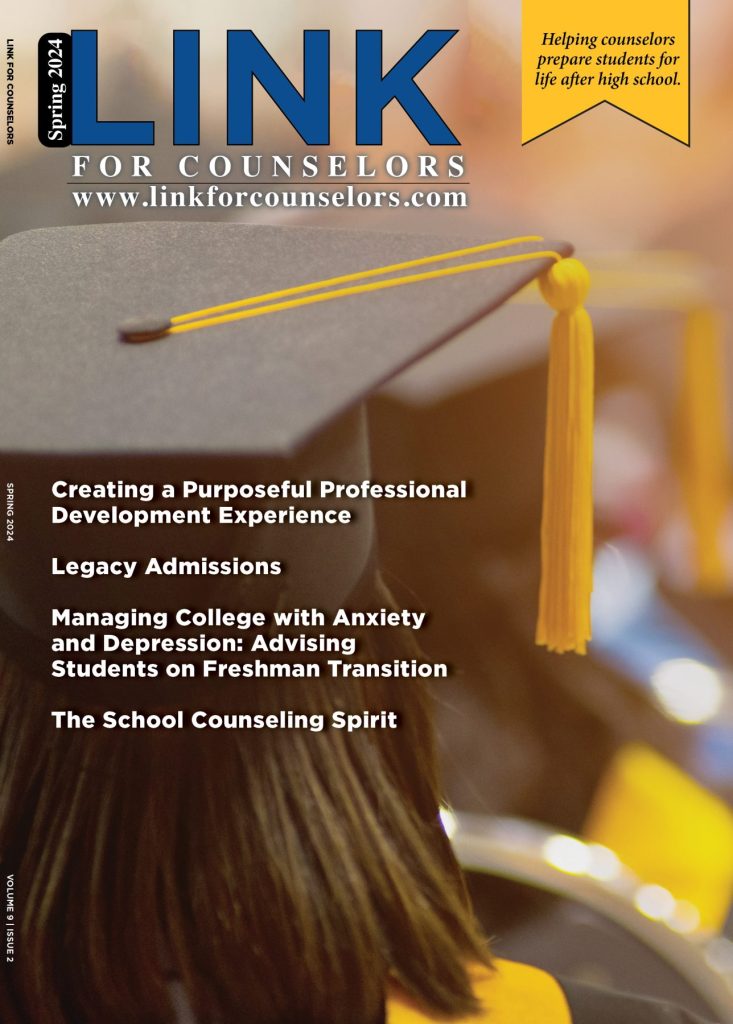What your students can expect during a scholarship interview!
After your students have applied for a scholarship, the selection committee may want to learn more about them through a scholarship interview. Most of the time, scholarship providers clearly state in the application that they hold interviews as a part of the scholarship process, so usually this shouldn’t come as a surprise.
If they have been asked to take part in a scholarship interview, this is great news. It means that their application stood out from the many others that were submitted. The most important part now is to make sure they know what to expect.
If it is an in-person interview, your student will need to find out if it will be held locally or if they will have to travel. Some scholarships, like the Roothbert Fund Scholarship program, require that those selected for an interview travel to their headquarters in New York City as well as in the District of Columbia; New Haven, Connecticut; or Philadelphia. For their particular scholarship, students are not reimbursed for travel.
Interview travel and expenses are factors to consider when planning for a scholarship interview. These will differ from scholarship to scholarship, and some organizations may offer travel grants to students who qualify.
The actual interview can vary greatly depending on the scholarship and the organization awarding it. For smaller scholarship providers and organizations, they may only meet with one person who wants to get to know them further. The interview may only last up to an hour.
When it comes to larger organizations and often for high-dollar scholarships, they may meet with an entire committee or with different individuals over the course of multiple interviews. Regardless of the form, generally they will let your student know in advance of the interview roughly how long it should take and with whom they will meet.
During the interview, your student should expect to explain a little about their background and current academics and extracurricular activities. They should also expect to explain more scholarship-specific information, like why they deserve the scholarship.
Sometimes, they may even have to explain how they will use the funds, if they’re awarded to them and aren’t specifically meant for tuition. They should also anticipate talking about their future plans, possibly including where they want to attend college, what they want to study and their career goals.
Some scholarships – especially those that require an artistic component, like a portfolio – may require them to discuss any work samples they’ve submitted to the committee. If the application required an artist’s statement, the interview is a good time to reiterate what was written in that statement. If this wasn’t required, the interview may offer them the opportunity to explain things like their subject matter, any artists or writers that inspire them, and their choice of medium.
Similarly, those seeking a theater scholarship may have to participate in an audition in addition to their scholarship interview. For example, Case Western Reserve University offers four full-tuition scholarships and two $10,000 scholarships to theater majors and minors, and both require an interview or audition. The university allows students to participate during its Theater Open House and Theater Scholarship Weekend or schedule a separate on-campus audition and interview. Students who are unable to make it to campus may submit an audition video or electronic portfolio of work.
While the interviewer or committee may be primarily asking questions, your student should plan to ask a few questions – this shows an interest in the scholarship opportunity and the provider and can also help your student learn more about what may be required of them if they should win the scholarship. Their questions can range from the nuts and bolts of the scholarship – such as what GPA they will need to maintain or whether the scholarship is renewable – to broader questions about the organization. This is their chance to learn more about the organization’s history and to ask about previous scholarship winners.
After the interview is over, they should follow up in a timely fashion. If they have the time, it is best to send a handwritten note to the interviewer or scholarship committee. However, sometimes the scholarship committee will make a decision quickly after completing interviews, which makes a thank-you email more timely and appropriate. Either way, following up to thank the interviewer or committee for their time and letting them know your student is available to share any additional needed information is an essential and final part of the interview process.
Usually, the scholarship providers will let them know the time frame in which they’ll make the decision – which can vary depending on the time of year and the number of scholarship applicants they have to interview. Winners will often receive a phone call, while those not chosen can usually anticipate receiving an email or mailed letter. However, this also depends on the scholarship; if your student is not sure it is suggested they reach out to the scholarship organization.




